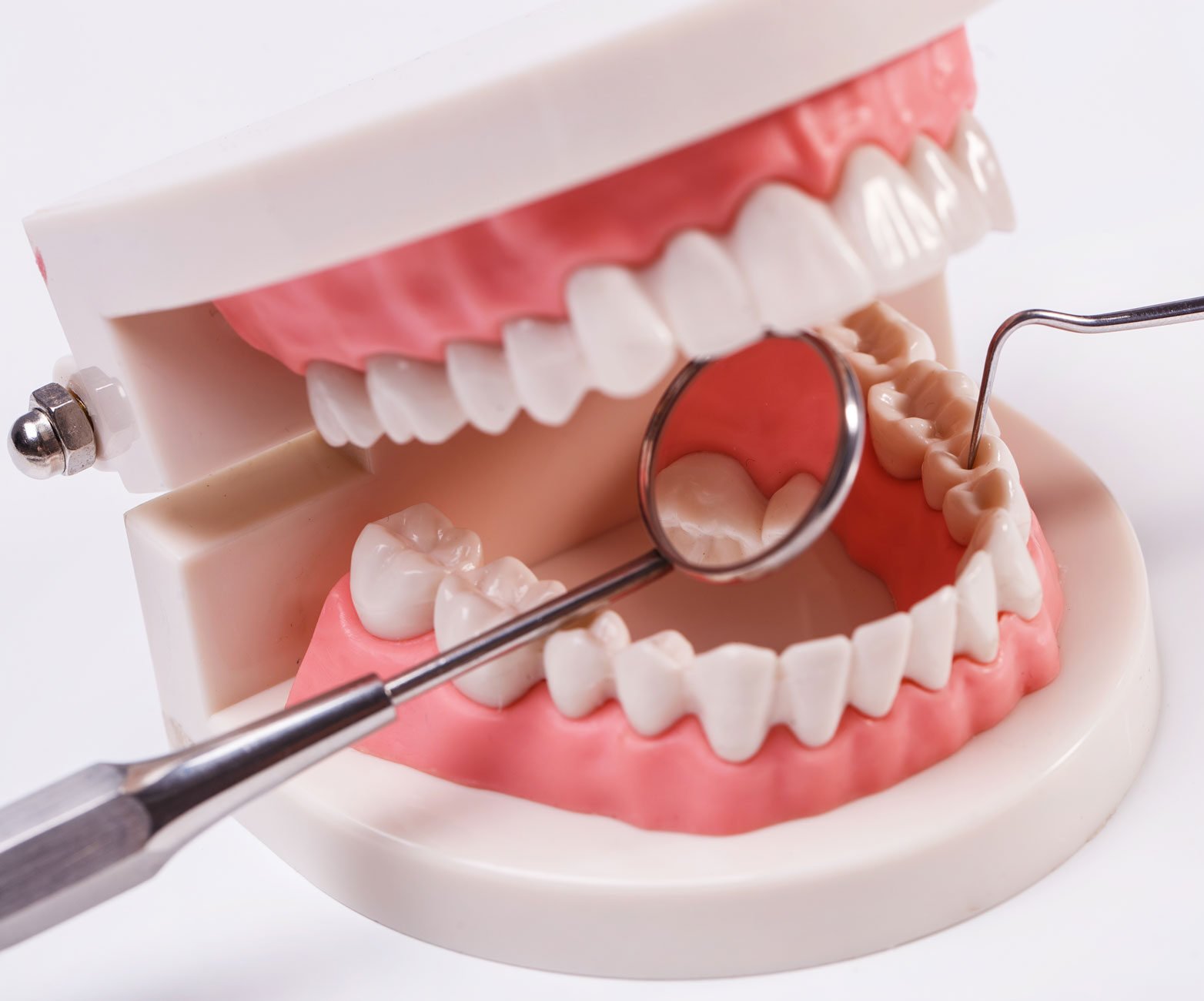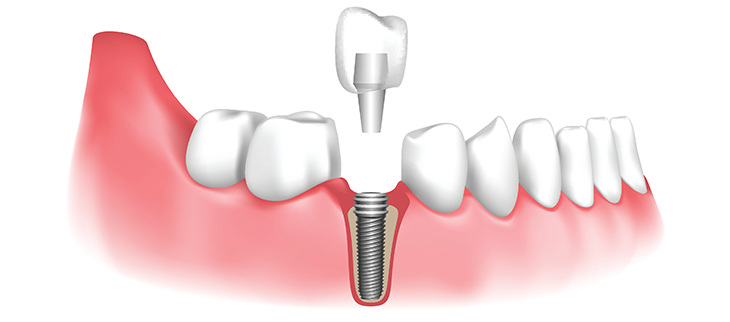Dental Implants: Exploring the Downsides of Veneers
In our latest blog post, we delve into the world of veneers to uncover the potential drawbacks. From temporary sensitivity to the need for replacement, discover the disadvantages of opting for veneers as a dental solution. Stay informed and make the best choice for your oral health.
#DentalImplants #VeneerDisadvantages #OralHealth
The Drawbacks of Veneers: A Comparative Analysis with Dental Implants
The Drawbacks of Veneers: A Comparative Analysis with Dental Implants
Veneers are a popular cosmetic dental treatment that can improve the appearance of damaged or discolored teeth. However, it is important to consider the drawbacks of veneers, especially when comparing them to dental implants.
1. Irreversibility: One of the main drawbacks of veneers is that the procedure is irreversible. The outer layer of the tooth enamel needs to be removed in order to place the veneer. This permanent alteration may be a cause for concern, as it cannot be undone.
2. Potential for damage: Veneers are prone to chipping or cracking, especially if subjected to excessive force or trauma. Unlike natural teeth or dental implants, they do not have the same level of durability and strength. This makes veneers more susceptible to damage over time.
3. Tooth sensitivity: Some individuals may experience increased tooth sensitivity after getting veneers. This is due to the removal of the enamel, which can expose the underlying dentin and nerves. Dental implants, on the other hand, do not cause sensitivity issues as they are implanted directly into the jawbone.
4. Lifespan: Veneers typically have a lifespan of 10-15 years before needing replacement. This means that patients may need to undergo additional procedures and incur additional costs in the long run. Dental implants, when properly cared for, can last a lifetime, making them a more durable and cost-effective option.
In conclusion, while veneers can provide cosmetic improvements to the aesthetics of teeth, they come with certain drawbacks when compared to dental implants. It is important for individuals to weigh the pros and cons of each treatment option and consult with their dentist to make an informed decision.
What are the reasons not to place veneers on teeth?
Veneers are not typically placed on dental implants, as they are primarily used to enhance the appearance of natural teeth. Dental implants, on the other hand, are metal posts that are surgically placed into the jawbone to replace missing teeth. While veneers can be used to improve the aesthetics of natural teeth adjacent to dental implants, there are several reasons why placing veneers directly on dental implants is not recommended:
1. Lack of natural tooth structure: Veneers require a certain amount of enamel on the tooth’s surface for proper bonding. Dental implants do not have natural tooth structure, as they are artificial roots without a visible portion above the gumline.
2. Incompatibility with implant materials: Veneers are typically made from porcelain or composite resin, while dental implants are usually made from titanium. These materials have different physical properties and bonding characteristics, making it difficult to achieve a secure and durable bond between the veneer and the implant.
3. Limited lifespan: Veneers placed on natural teeth can last for many years with proper care, but placing them on dental implants may result in early failure. Implants undergo constant forces from chewing and biting, which can place excessive stress on the veneer and compromise its integrity.
4. Complex maintenance: Dental implants require regular professional cleaning and maintenance to ensure their longevity. Placing veneers on top of implants can complicate this process, as special care needs to be taken to avoid damaging the veneers during cleanings.
Overall, it is best to consult with a dental implant specialist and discuss alternative options for improving the appearance of dental implants, such as using implant-supported crowns or bridges.
What are the disadvantages of veneers?
There are a few disadvantages of veneers when it comes to dental implants:
1. Not suitable for everyone: Veneers may not be an appropriate option for people with significant tooth decay, gum disease, or insufficient tooth enamel. In such cases, dental implants may be a more suitable solution.
2. Irreversible process: The application of veneers involves removing a small portion of the tooth enamel to accommodate the veneer. This is an irreversible process and once the enamel is removed, it cannot be restored. Dental implants, on the other hand, do not require altering the surrounding healthy teeth.
3. Higher cost: Veneers can be more expensive than dental implants. While the exact cost varies depending on various factors, in general, dental implants tend to be a more cost-effective long-term solution as they can last a lifetime with proper care.
4. Potential for damage: Veneers can be prone to chipping or cracking, especially if exposed to excessive force or trauma. Dental implants, being a permanent replacement for missing teeth, do not carry the same risk of damage.
5. Maintenance and replacement: Veneers may require periodic maintenance and eventual replacement over time, typically after 10-15 years. In contrast, dental implants are designed to be durable and provide a long-lasting solution without the need for frequent replacement.
Overall, while veneers can be a suitable option for improving the appearance of individual teeth, dental implants offer a more comprehensive and permanent solution for replacing missing teeth.
Is it possible to return to your natural teeth after getting veneers?
No, it is not possible to return to your natural teeth after getting veneers. Veneers are a permanent dental solution that involves removing a small layer of enamel from the natural teeth and placing custom-made porcelain shells on top of them. These shells are bonded to the teeth, providing a new appearance and improving their strength and durability.
When considering veneers, it’s important to understand that they are irreversible. The process of removing the enamel is permanent and cannot be undone. As a result, once you have veneers, you will need to maintain them properly and consider them a long-term solution for your smile improvement.
If you are unhappy with your veneers or experience any issues with them, it is essential to consult with your dentist as soon as possible. They can evaluate the situation and determine the best course of action, which may involve repairing or replacing the veneers.
Is it possible to develop cavities with veneers?
No, it is not possible to develop cavities with veneers. Veneers are thin shells made of porcelain or composite resin that are bonded to the front surfaces of teeth to improve their appearance. Unlike natural teeth, veneers are not susceptible to tooth decay because they are not made of organic material. However, it is important to maintain good oral hygiene practices such as brushing and flossing to keep the underlying teeth healthy and prevent any potential dental issues. Regular dental check-ups are also recommended to ensure the longevity and health of both the veneers and the surrounding teeth.
Frequent Questions
Are veneers a good option for someone who has missing teeth and is considering dental implants?
Veneers are not a suitable option for someone with missing teeth who is considering dental implants. Veneers are thin shells that are typically used to improve the appearance of teeth by covering up imperfections such as stains, chips, or gaps. They are not designed to replace missing teeth or restore functionality.
Dental implants, on the other hand, are a permanent solution for replacing missing teeth. They involve surgically placing a titanium implant into the jawbone, which then fuses with the surrounding bone. Once the implant has integrated with the bone, a crown or bridge can be attached to it, creating a natural-looking and fully functional tooth replacement.
While veneers can enhance the aesthetics of an individual’s smile, they cannot provide the functionality and stability that dental implants offer. Therefore, if you have missing teeth, dental implants are usually the recommended treatment option to restore both the appearance and function of your smile.
What are the potential risks or complications associated with getting veneers before or after dental implant placement?
Before dental implant placement:
Getting veneers before dental implant placement can present potential risks or complications. One major concern is the alteration of tooth structure during the veneer preparation process. Removing enamel from the natural teeth to accommodate the veneers may compromise the strength and vitality of the teeth. This can increase the risk of fracture or tooth sensitivity.
After dental implant placement:
If veneers are placed after dental implant placement, there are also potential risks involved. One concern is the possibility of damaging the implant during the veneer preparation process. The pressure applied during the preparation or cementation of veneers can potentially lead to implant failure or loosening.
Additionally, the shade of the veneers may not perfectly match the implant crown, resulting in an aesthetic mismatch. This can be addressed by ensuring proper communication between the implant surgeon and the restorative dentist, as well as using advanced shade-matching techniques.
It is crucial for patients to have a thorough consultation with both their implant surgeon and restorative dentist to assess the feasibility and potential risks associated with combining veneers and dental implants.
How do veneers compare to dental implants in terms of long-term durability and success rates?
Veneers and dental implants are both popular options for improving the appearance of teeth, but they differ in terms of their long-term durability and success rates.
Veneers: Veneers are thin shells made of porcelain or composite resin that are bonded to the front surface of the teeth. They are primarily used to enhance the aesthetics of the teeth by improving their shape, size, color, and alignment. Veneers are typically recommended for individuals with minor cosmetic concerns, such as chipped or discolored teeth.
In terms of durability, veneers are quite strong and can last for 10-15 years with proper care. However, they are more susceptible to damage from biting or chewing hard objects, grinding the teeth, or experiencing trauma. If a veneer gets damaged, it might need to be replaced.
Dental Implants: Dental implants, on the other hand, are titanium posts that are surgically inserted into the jawbone to replace missing teeth. They serve as artificial tooth roots onto which dental crowns are attached. Dental implants not only provide functional benefits but also offer a natural-looking and long-lasting solution for missing teeth.
When it comes to durability and success rates, dental implants are highly favorable. With proper oral hygiene and regular dental check-ups, implants have a success rate of around 95-98%. They are designed to fuse with the jawbone, creating a strong and stable foundation for the crown. Dental implants can last a lifetime if properly maintained.
In conclusion, dental implants offer superior long-term durability and success rates compared to veneers. While veneers are a suitable option for enhancing the appearance of teeth with minor cosmetic issues, dental implants provide a more comprehensive solution for missing teeth and offer a higher level of durability and longevity.
In conclusion, while veneers offer numerous benefits and can greatly enhance the appearance and functionality of one’s smile, it’s essential to consider the potential disadvantages before making a decision. It is important to consult with a qualified dental professional to thoroughly evaluate your specific case and determine if veneers are the right option for you. Although veneers are a minimally invasive procedure, they do involve some irreversible alteration to the natural teeth, which may cause tooth sensitivity or discomfort in some individuals. Additionally, veneers may require replacement after a certain period of time, as they are not permanent and can become chipped, cracked, or discolored over time. Lastly, the cost of veneers can be a drawback for some patients, as they are generally more expensive than other dental treatment options. Overall, understanding the potential disadvantages alongside the benefits will help you make an informed decision and achieve the smile you desire.



